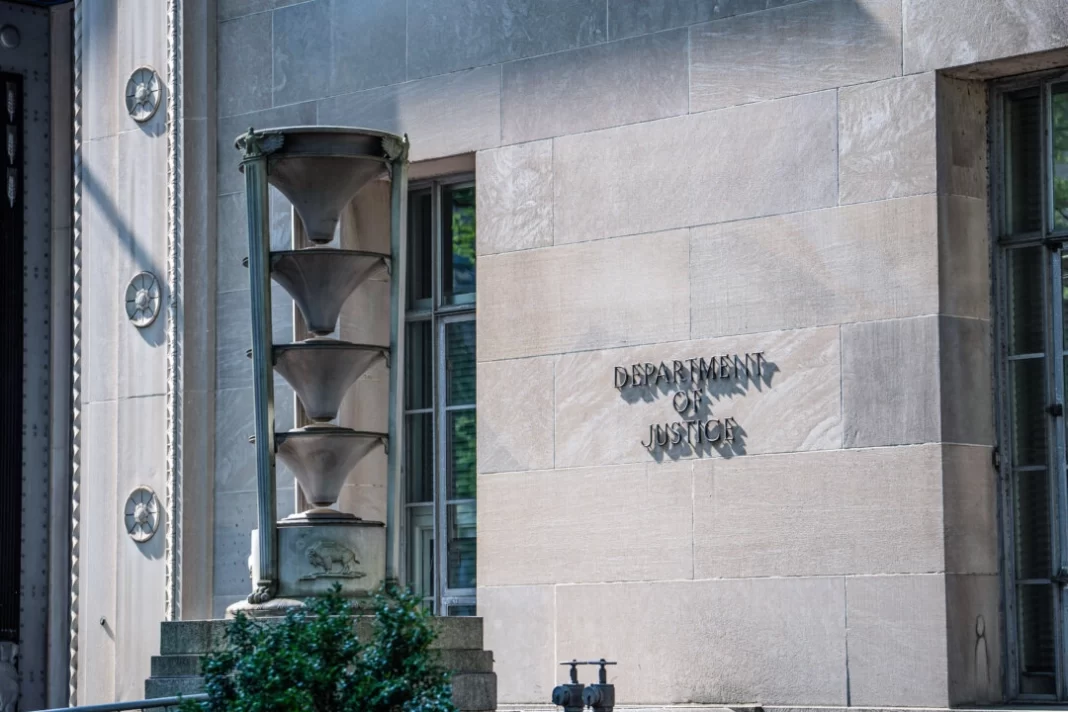The government has reduced a backlog of applications that built up during the Trump administration. New citizens say they are looking forward to voting in November.
The federal government is processing citizenship requests at the fastest clip in a decade, moving rapidly through a backlog that built up during the Trump administration and the coronavirus pandemic.
At ceremonies in courthouses, convention centers and sports arenas across the country, thousands of immigrants are becoming new Americans every week — and becoming eligible to vote in time for the presidential election this fall.
It’s unclear how many of the new voters live in battleground states, but a number of the states where Kamala Harris or Donald Trump must win have large and growing numbers of voting-age naturalized citizens, including Georgia, Arizona, Nevada and Pennsylvania.
In Savannah, Ga., people from 19 countries streamed into a federal courthouse recently to take the oath of allegiance.
“My case was done in less than six months,” said Gladis Brown, who is married to an American and emigrated from Honduras in 2018.
Generally, lawful permanent residents, known as green-card holders, are eligible to become naturalized citizens if they have had that status for at least five years, or have been married to a U.S. citizen for at least three years.
Green-card holders have many of the same rights as citizens. But voting in federal elections is a right accorded only to citizens. And that can be a powerful motivation to pursue citizenship, especially when big national elections are on the horizon.
“I’m so glad that the process moved quickly,” said Ms. Brown, who was one of the 31 immigrants being sworn in. “People like me want to vote in the election.”
After the ceremony, Ms. Brown celebrated with cake and punch from a local women’s volunteer group — and by completing a voter-registration form provided by a representative of the League of Women Voters.
Naturalization applications typically spike upward in the approach to an election.
“The surge in naturalization efficiency isn’t just about clearing backlogs; it’s potentially reshaping the electorate, merely months before a pivotal election,” said Xiao Wang, chief executive of Boundless, a company that uses government data to analyze immigration trends and that offers services to immigrants who seek professional help in navigating the application process.
“Every citizenship application could be a vote that decides Senate seats or even the presidency,” Mr. Wang said.






